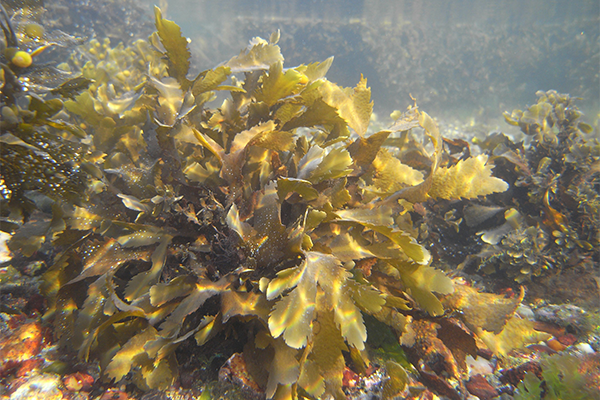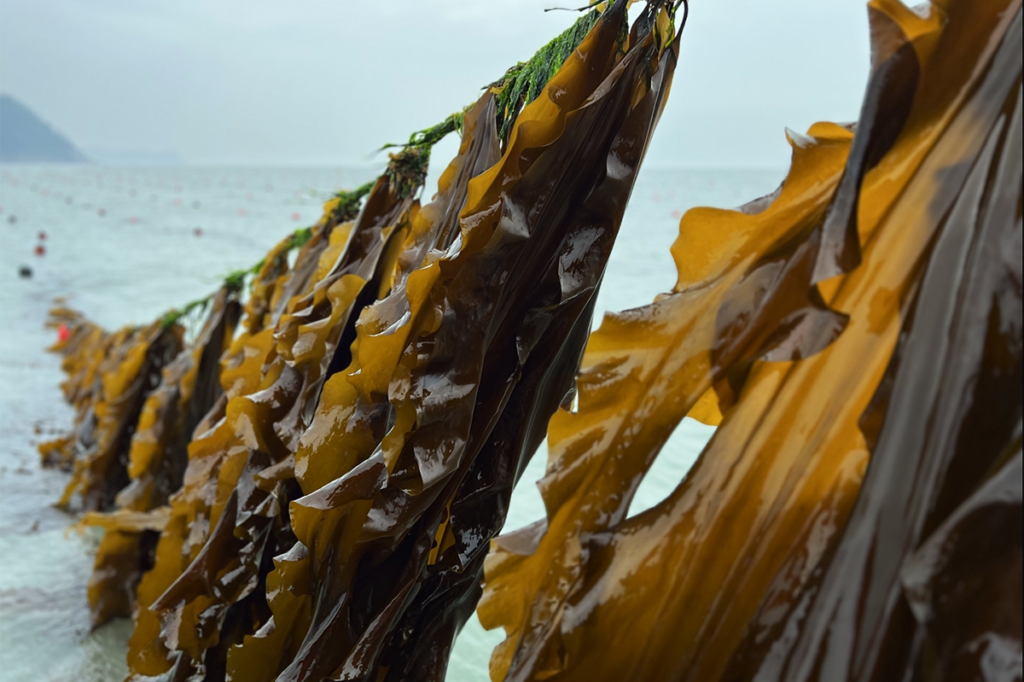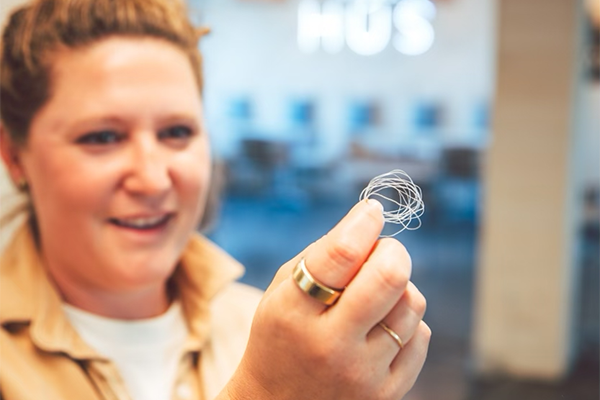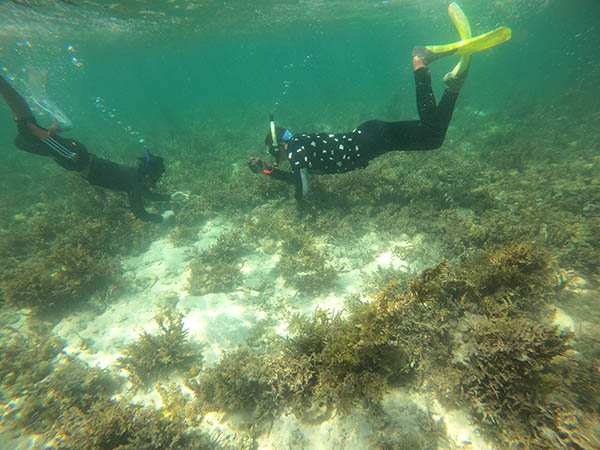Researchers in Portugal explore the immense potential of seaweed-derived compounds as a valuable reservoir for drug development

A new study conducted by researchers from the University of Coimbra and the University of Aveiro in Portugal and just published in the International Journal of Molecular Sciences discusses in detail the promising role of seaweed-derived nutrients as a beneficial resource for drug discovery and innovative product development.
The research describes the entire process that leads to a seaweed extract being recognized as a medicinal agent and becoming commercially accessible on the market.
“This study highlights new trends and important knowledge that can be key to surpass the seaweed compounds finding into a drug applied to humans, where it is important to have a team with (bio)chemical, pharmaceutical/biomedical background associated with (marine) biology/biotechnology groups. There is a long way until a seaweed compound can successfully be considered a commercial approved drug” according to the authors, led by João Cotas at the University of Coimbra.
Seaweeds are an abundant source of essential vitamins, minerals, polysaccharides, polyphenols and unique secondary metabolites, which reveal a wide range of biological activities. These bioactive compounds have potential therapeutic properties, making them interesting candidates for new drugs for medical applications.
The study provides insights into the development of formulation strategies and delivery systems to enhance the bioavailability and stability of seaweed-derived compounds. It also discusses the challenges and opportunities associated with the integration of seaweed-based nutrients into the pharmaceutical and nutraceutical industries. And it addresses regulatory considerations, sustainability and scalability of sustainable seaweed sourcing and cultivation methods, highlighting the need for a universal approach in utilizing and developing the pharmaceutical potential of seaweeds. This revision underscores the immense potential of seaweed-derived compounds as a valuable reservoir for drug leads and product development.
Authors argue that companies interested in investing in the seaweed economy must embrace biology-based management. This requires the use of ecologically friendly techniques, such as collecting and processing seaweeds in accordance with their life cycle and bioavailability. They also state that it is imperative to support seaweed growers with scientific advisors to identify relevant biological traits of seaweed and to increase yields through training and equipment.
Despite its multiple medicinal applications, seaweed supplementation and commercialization as food or food products, as well as pharmaceutical possibilities, have been unsuccessful. This review also demonstrates that there is a road for chemical medicine, biochemistry and similar areas to study seaweed compounds and furthermore, trying to convert natural molecules into stable and efficient compounds.
Only a few commercial seaweed products are now available; so, coordination between research and industry is crucial for their increased utility. As a result, employing seaweed compounds as therapeutics has both advantages and disadvantages. Despite these difficulties, research on seaweed compounds is intriguing due to their potential benefits in treating a variety of illnesses and creating new goods. To overcome the challenges and completely realize the medicinal potential of seaweed compounds, more research is required.
“Our article reflects the laboratory team’s critical thinking about the real seaweed potential into the pharmaceutical industry. Which is not so simple as many believe to be, although, at this moment, there is technology available to ease the road to exploit some seaweed compounds into available drugs to treat and ameliorate some high-risk diseases,” Dr. Leonel Pereira, corresponding author of the article, told the Advocate.
“The study focuses on the challenges and novel approaches to incorporate seaweed isolated compounds into stable drugs for pharmacological and nutraceutical application. It also improves the knowledge about the pharmaceutical development of seaweed compounds via legislation and the approval circuit, including the negative elements of the seaweed-based compounds (and how they may be overcome). By bridging the gap between marine biology, pharmacology, biotechnology and product formulation, this study contributes to the critical advancement of sustainable and innovative solutions in the pharmaceutical and nutraceutical sectors.”
Now that you've reached the end of the article ...
… please consider supporting GSA’s mission to advance responsible seafood practices through education, advocacy and third-party assurances. The Advocate aims to document the evolution of responsible seafood practices and share the expansive knowledge of our vast network of contributors.
By becoming a Global Seafood Alliance member, you’re ensuring that all of the pre-competitive work we do through member benefits, resources and events can continue. Individual membership costs just $50 a year.
Not a GSA member? Join us.
Author
-

Darryl Jory, Ph.D.
Editor Emeritus
[103,114,111,46,100,111,111,102,97,101,115,108,97,98,111,108,103,64,121,114,111,106,46,108,121,114,114,97,100]
Related Posts

Intelligence
Playing favorites: How selective breeding can grow the seaweed sector
Seaweed farming experts are urging producers to employ selective breeding to capitalize on desired traits amid a changing climate.

Innovation & Investment
‘Everyone is going to need a lot of seaweed’: Maine-based seaweed polymer innovator wants fisheries and aquaculture to quit plastics
Viable Gear Founder Katie Weiler joined the Advocate and Aquademia to discuss making lobster bait bags and other products with a seaweed polymer.

Intelligence
Exploring the relevancy, resiliency and scalability of seaweed farming at Seagriculture
Seagriculture, the first international seaweed conference, covers all angles of seaweed farming for food, energy and climate change solutions.

Responsibility
With ocean warming, wild seaweed stocks risk collapse without protection, experts warn
With ocean warming, scientists warn that urgent international protection measures need to be implemented to protect wild seaweed stocks.


